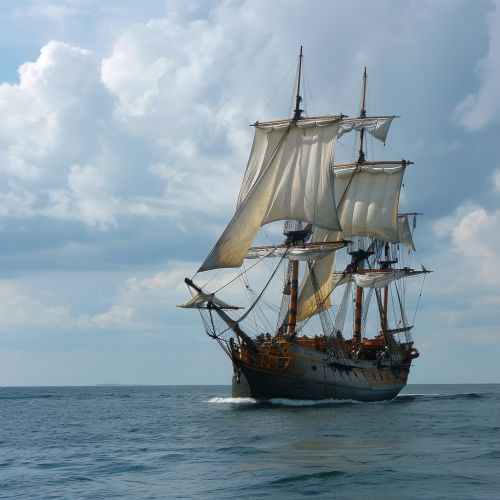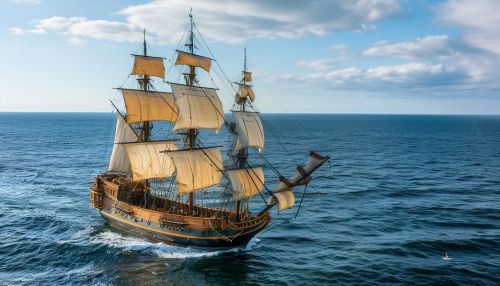William Baffin
Early Life
William Baffin was born in London, England, in 1584. Little is known about his early life or education, but it is believed that he learned the basics of navigation and seafaring during his youth.
Career in Exploration
Baffin began his career as a navigator on trading voyages to the Mediterranean and Red Sea. In 1612, he joined the Muscovy Company, an English trading company, and embarked on his first voyage to the Arctic.


During this voyage, Baffin served as a pilot on the ship "Patience," under the command of Captain James Hall. The expedition aimed to find the Northwest Passage, a sea route connecting the Atlantic and Pacific Oceans through the Canadian Arctic Archipelago.
In 1615, Baffin joined another expedition to the Arctic, this time under the command of Captain Robert Bylot. The expedition explored the area now known as Baffin Bay, which was named in Baffin's honor.
Discoveries and Contributions
Baffin made significant contributions to the exploration and mapping of the Arctic region. His detailed observations and accurate measurements of latitude and longitude greatly improved the accuracy of maps of the area. He was the first to accurately chart the Baffin Island's coastline and to discover and name many of its features, including Smith Sound, Jones Sound, and Lancaster Sound.
In addition to his geographical discoveries, Baffin also made important observations about the Inuit people, the indigenous inhabitants of the Canadian Arctic. He documented their customs, language, and way of life, providing valuable insights into a culture that was largely unknown to Europeans at the time.
Later Life and Legacy
After his Arctic explorations, Baffin returned to England and continued to work as a navigator on trading voyages. He was killed in 1622 during a naval battle in the Persian Gulf.
Baffin's contributions to Arctic exploration and cartography have been widely recognized. In addition to Baffin Bay and Baffin Island, several other geographical features in the Arctic region have been named in his honor, including the Baffin Mountains and the Baffin Region in Nunavut, Canada.
